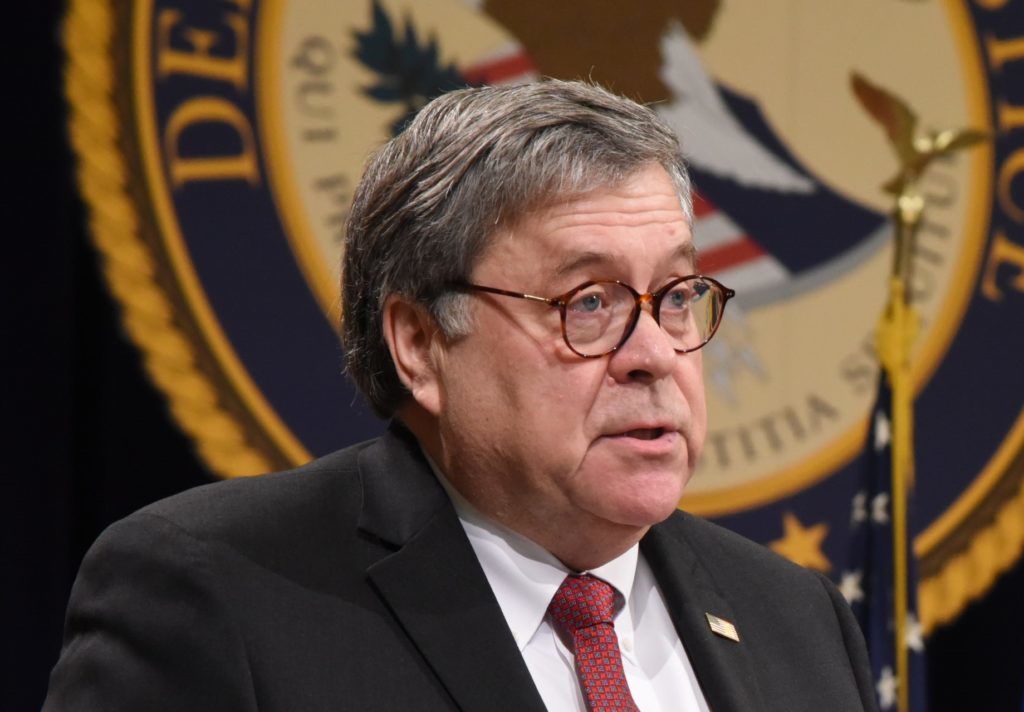These newly released emails are ugly for Bill Barr and Rod Rosenstein

The DOJ recently released a set of email exchanges that, despite being highly redacted, is worth curling up with a cold glass of your favorite liquid rage suppressant and reading. Some of the material relates to Bill Barr’s unsolicited job interview memo and its handling by senior DOJ officials working in Rod Rosenstein’s office. They were apparently coordinating the timing of legal filings with the publication of a series of pro-Bill Barr articles in the Wall Street Journal starting in December of 2018, including an editorial titled “The Phony Attack on Bill Barr.”
Anyone who still questions where Mr. Rosenstein’s loyalties lie need look no further than the statement his office provided to the WSJ at the time:
“I have admired Bill Barr for decades, and I believe that he will be an outstanding Attorney General. Many people offer unsolicited advice, directly or through the news media, about legal issues they believe are pending before the Department of Justice. At no time did former Attorney General Barr seek or receive from me any non-public information regarding any ongoing investigation, including the Special Counsel investigation.”
If that doesn’t light your sparklers, the months-long exchanges with Robert Mueller’s investigators expose the novel legal theories employed by the president’s lawyers to shield him from testifying, even going so far as to paradoxically invoke executive privilege against his own executive branch.
More chillingly, one letter from attorney Jane Raskin reminds the Special Counsel who signs the paychecks:
“We make this proposal in order to facilitate the prompt resolution of the Special Counsel’s investigation and to avoid the prospect of lengthy constitutional litigation which we believe would not be in the interest of the public nor, more particularly, the Executive branch for which you work and of which our client is the chief steward.”
This veiled threat is particularly bizarre given that the fact Mueller worked in the Executive Branch undermines the claims of executive privilege that she was trying to assert.
Ministry of Trvth is an IT professional, artist, and activist who believes that the greatest threat to our society is the rampant flow of disinformation. A lie is a virus that attacks the mind, and we need to develop herd immunity together.
